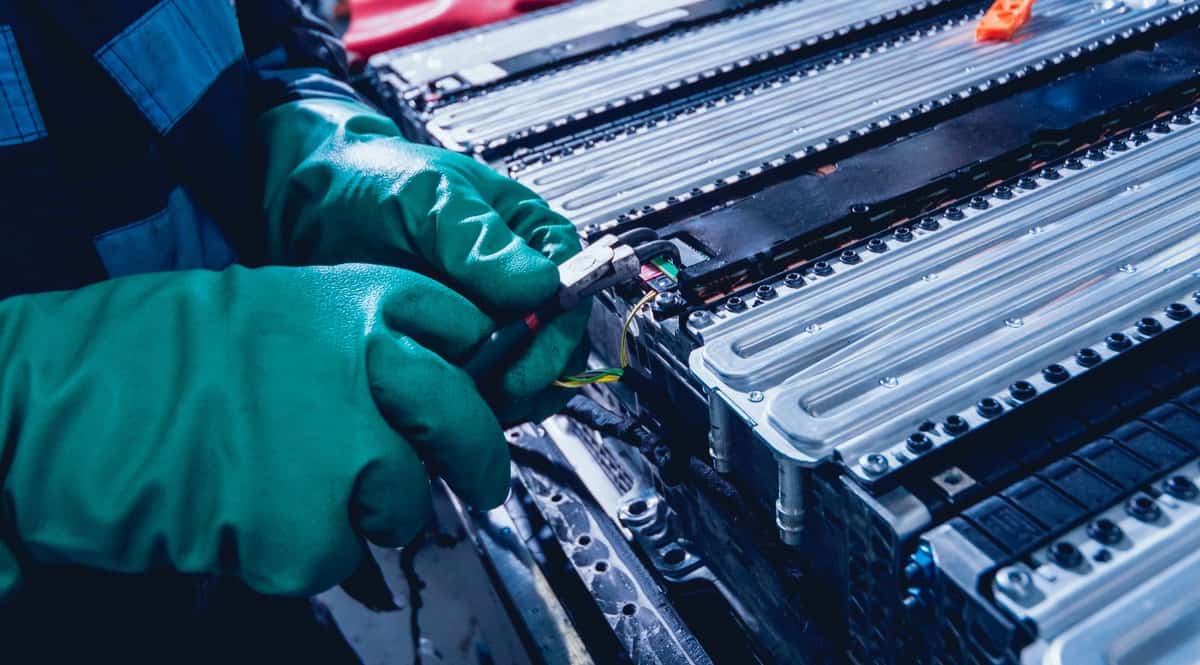Electric vehicle batteries’ price significantly dropped by about 89-90% in 2022 compared to its pricing levels in 2008, InsideEVs reports citing the US Department of Energy.
As per the report, DOE estimated this percentage by using constant dollars. That said, the calculation requires the value to be adjusted for inflation and current purchasing power.
Price decline estimates
Interestingly, the price decline shows that the cost of 1 kWh of useful capacity has decreased from $1,355 in 2008 to merely $153 in 2022.
If the currency is unchanged, the price of 1 kWh was almost $1,000 in 2008, lowering the percentage by which it has decreased up until this point.
In contrast, the report pointed out BloombergNEF publication stating that the EV battery price per kWh increased in 2022 since it started monitoring this market in 2010.
Interestingly, EV battery price per kWh was apparently 7% cheaper at around $138 in 2021 than today. Thankfully, lithium iron phosphate (LFP) battery cells have been commercialized, hindering further price increases in 2022.
LFP vs. NMC
LFP battery cells were approximately 20% cheaper than lithium nickel manganese cobalt oxide (NMC) as its cathodes use more nickels than cobalt.
Furthermore, the report claimed that the LFP battery price also surged in 2022 by about 27% more than a year ago.
“Raw material and component price increases have been the biggest contributors to the higher cell prices observed in 2022. Amidst these price increases for battery metals, large battery manufacturers and automakers have turned to more aggressive strategies to hedge against volatility, including direct investments in mining and refining projects.”
Evelina Stoikou, BloombergNEF’s author and energy market expert
It is also worth noting that China has the world’s cheapest lithium-ion cells, per the study. The EV battery price per kWh there is $127, representing a 24% and 33% affordability than in US and Europe, correspondingly.
Meanwhile, another estimate from Statista suggests that li-ion batteries’ price in 2023 could drop to $101/kWh and about $58/kWh by 2030.
“Lithium prices remain high due to persistent supply chain constraints and the slow ramp up in new production capacity. Additional lithium supply could ease the pressure on prices in 2024, while geo-politics and trade tension remain the biggest uncertainties for other key battery metal prices in the short-term. Resolving these tensions could help calm prices in 2023 and beyond.”
Kwasi Ampofo, BloombergNEF’s head of metals and mining
All that said, it must be noted that all these are just estimates to provide visualization of what could happen now and in the future in terms of EV battery prices. Nonetheless, these studies significantly help the industry to realize which area needs improvements and where to start.

